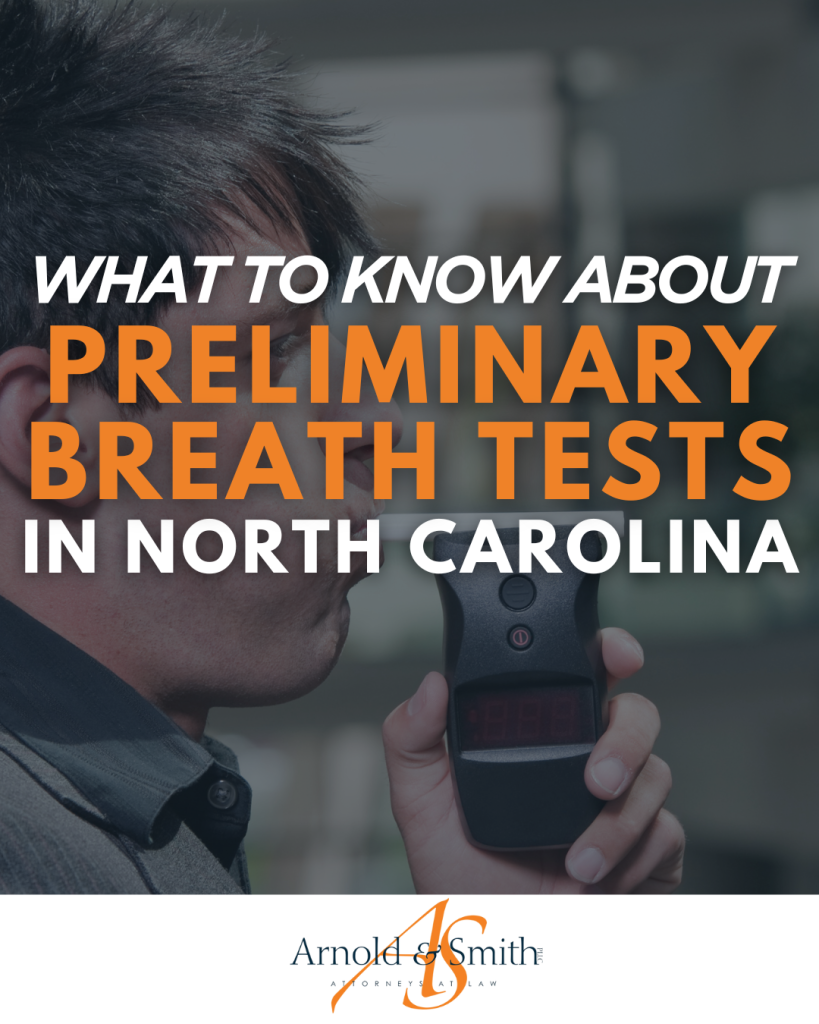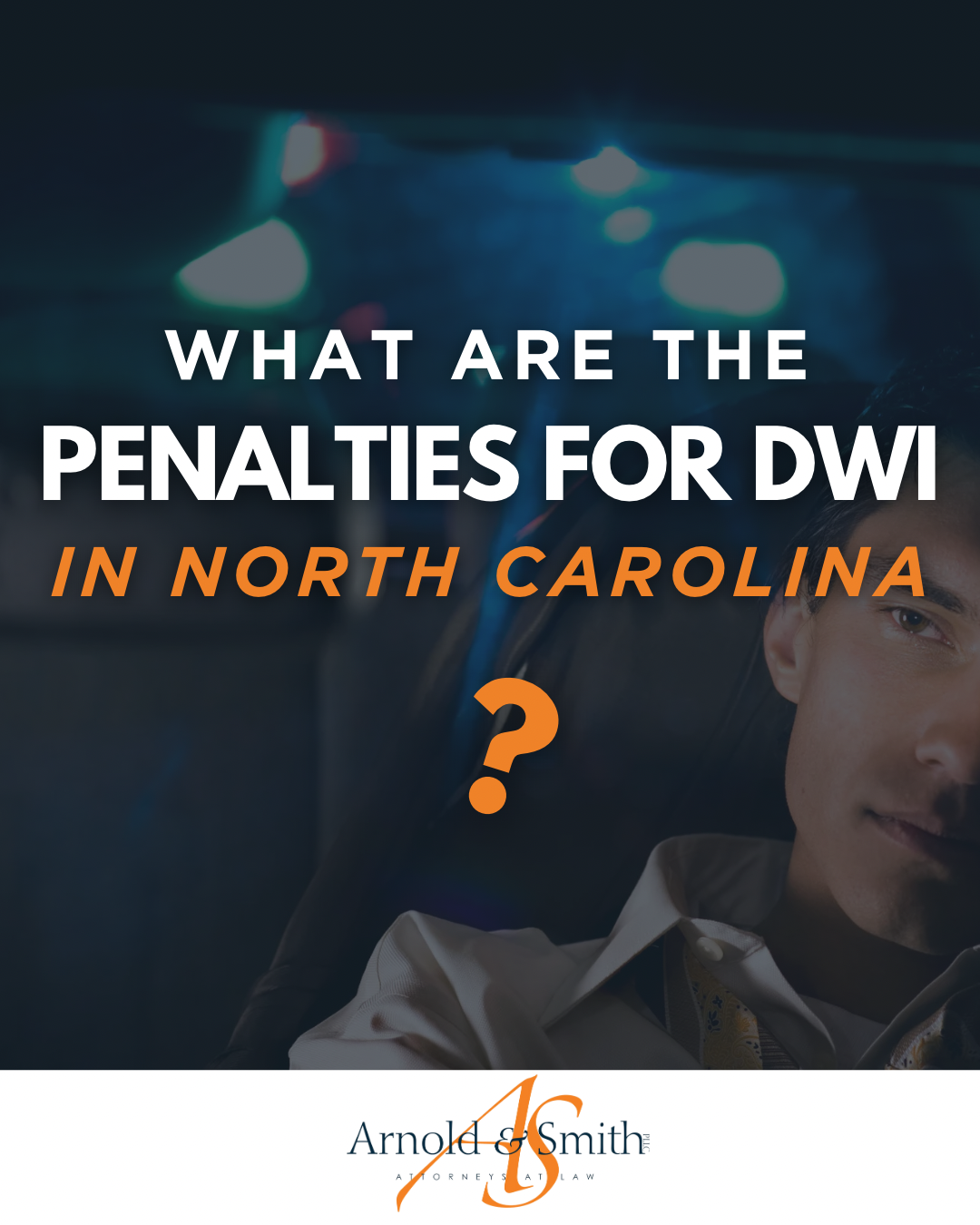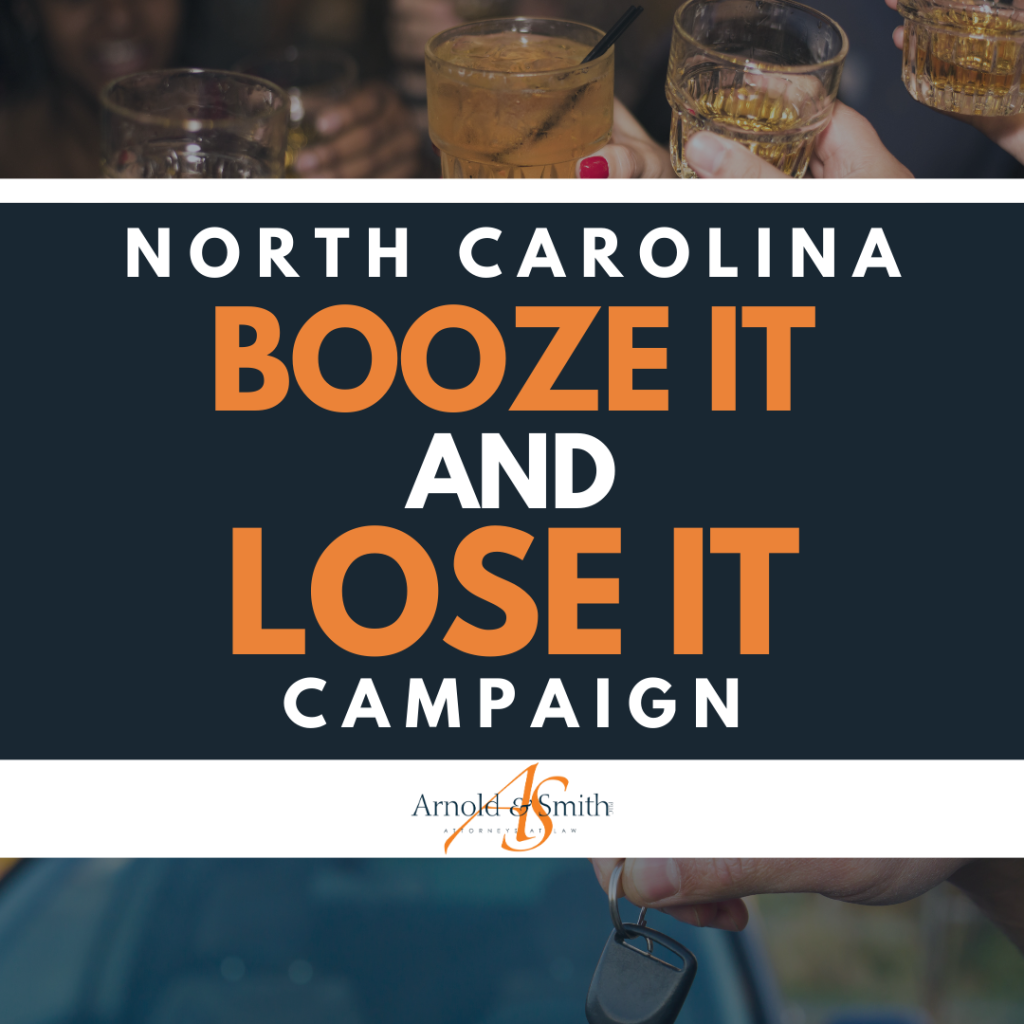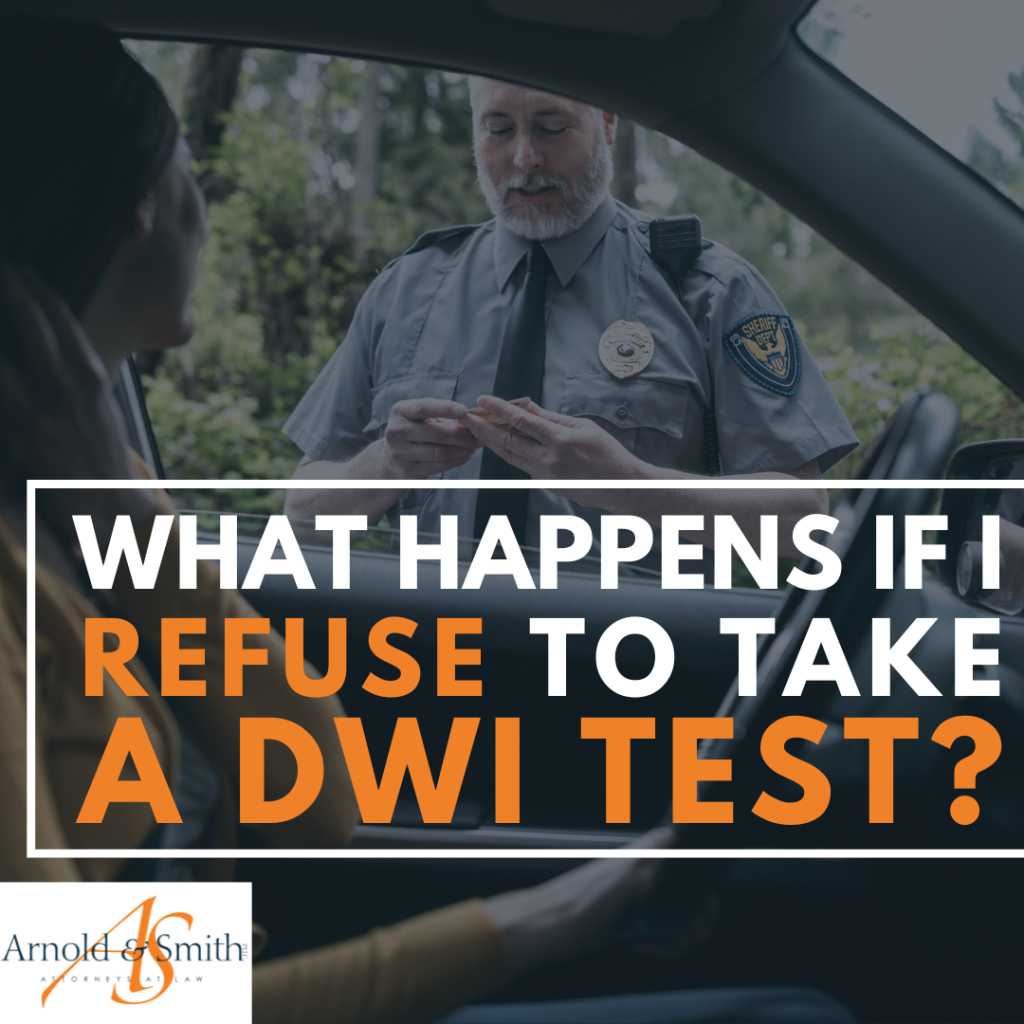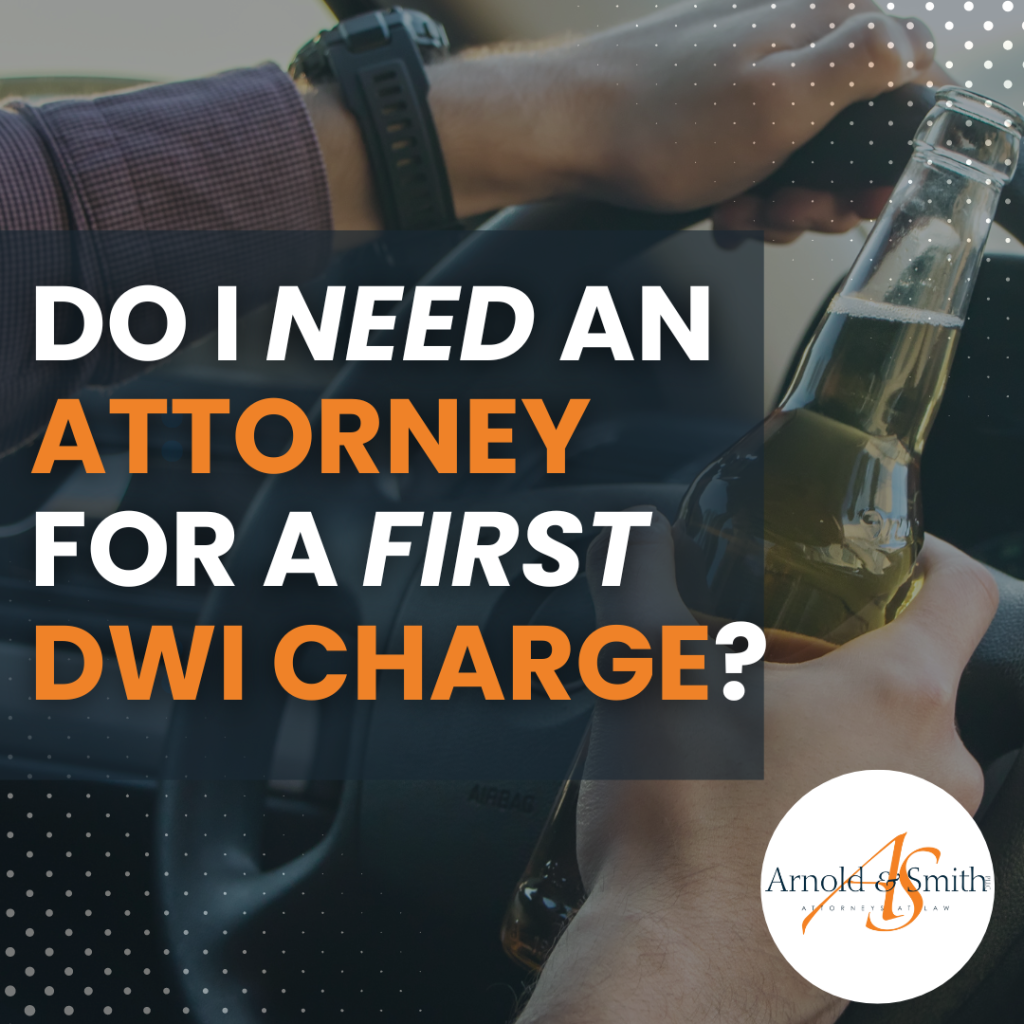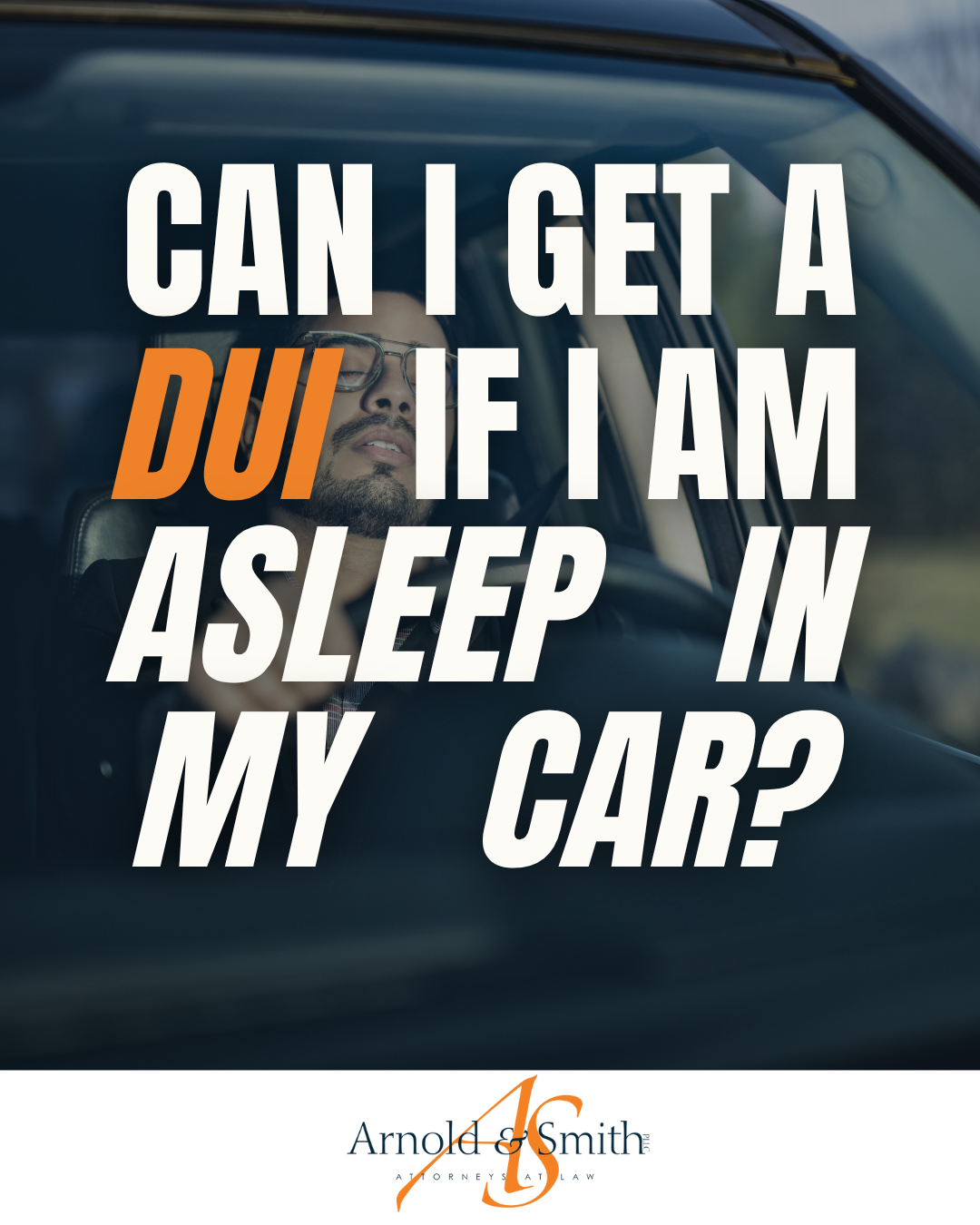 Can I Get a DUI if I am Asleep in My Car?
Can I Get a DUI if I am Asleep in My Car?
Drinking and driving do not mix, and if you are driving after having had a few drinks, you could get pulled over for DUI. Instead of risking a DUI, some people wonder whether it is best to just take a short nap until they are safe to drive home. Rather than getting into your car, you may want to take a rideshare or call a friend. If you decide to sleep in your car, could you get a DUI?
https://youtu.be/mTsE0-ioxJQ
 Charlotte Criminal Lawyer Blog
Charlotte Criminal Lawyer Blog


